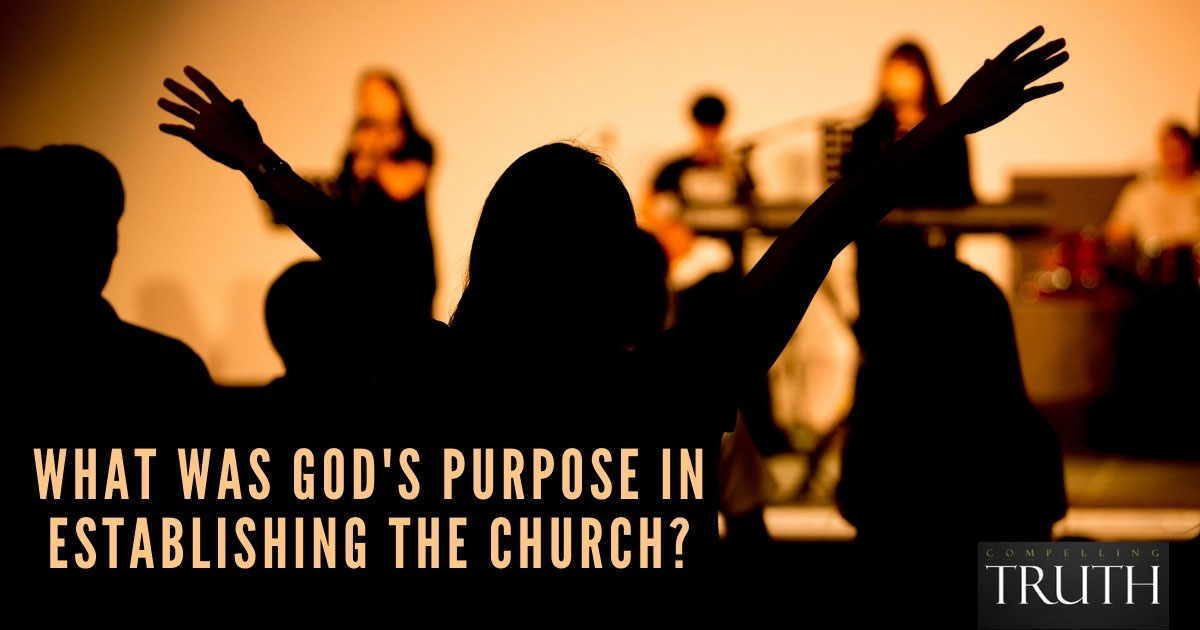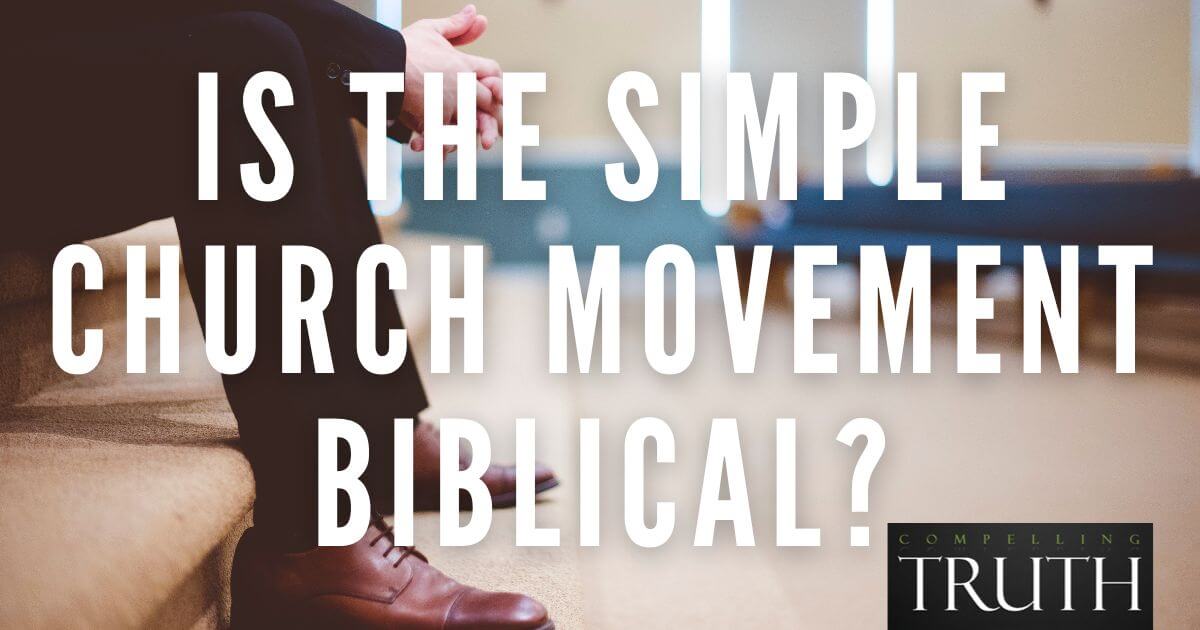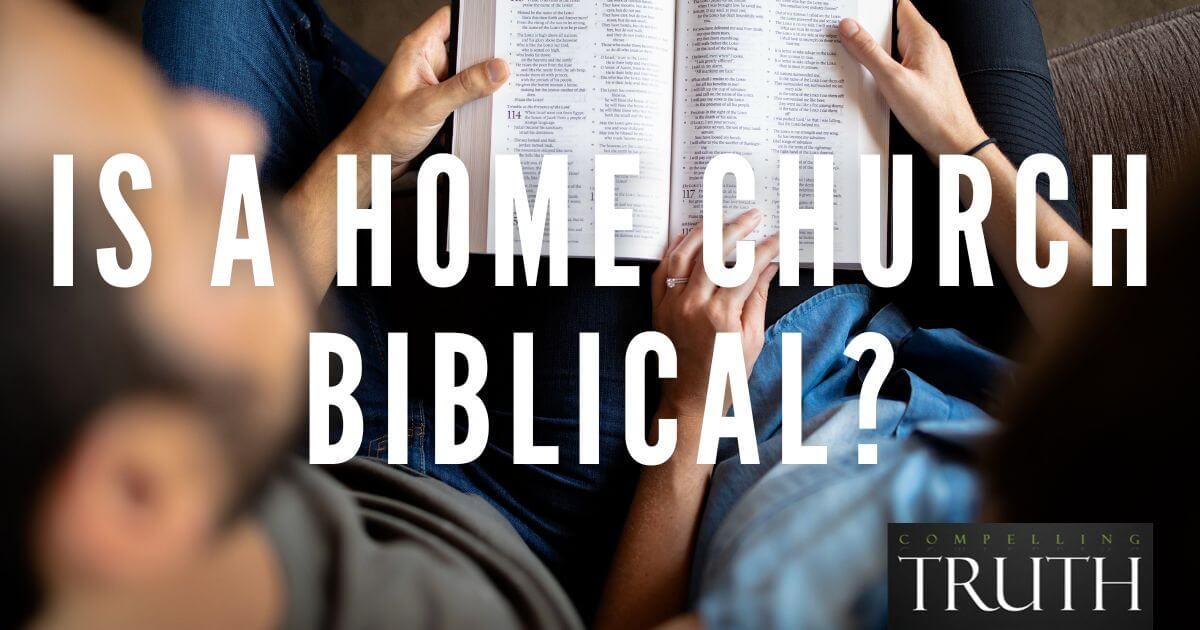A family-integrated church is when a church chooses to keep the entire family together during weekly worship services and does not offer separate classes or spaces for youth, children, or babies during that time. These churches sometimes do offer programs specifically for targeted age groups at other times throughout the week, but during the main worship service (usually on Sunday mornings) families are expected to stay together. The Bible offers examples of families worshiping together as well as examples of families worshipping separately. So whether or not a church chooses to offer children or youth services during their weekly worship times is a matter of preference.
When Moses was instructing Joshua on how to step into his role of leadership, he said, "Assemble the people, men, women, and little ones, and the sojourner within your towns, that they may hear and learn to fear the LORD your God, and be careful to do all the words of this law" (Deuteronomy 31:12). In this instance, women and children were to come together with the men to listen to the teaching of the Law. Joshua followed these instructions as recorded in Joshua 8:35. Hundreds of years later, the people of Israel gathered again, this time to hear Ezra read the Scriptures. Nehemiah 8:3 says, "And he read from it facing the square before the Water Gate from early morning until midday, in the presence of the men and the women and those who could understand. And the ears of all the people were attentive to the Book of the Law." With the qualifier that the crowd included only "those who could understand," perhaps the youngest children and babies were not present. However, it is obvious that older children and their parents were together in hearing this instruction from the Law.
Even in the New Testament, children are mentioned. Acts 21:5 describes when Paul and his fellow travelers were leaving Tyre, "When our days there were ended, we departed and went on our journey, and they all, with wives and children, accompanied us until we were outside the city. And kneeling down on the beach, we prayed." So in this instance, children were present during a prayer service. Paul also addressed children in his letters (Ephesians 6:1; Colossians 3:20), so he must have assumed they would be present during the reading of his letters. In all these biblical examples, families were together during these times of worship, study, and prayer.
However, there are also times where men were instructed to worship without their wives and children present. When God confirmed the covenant with Israel "Moses and Aaron, Nadab, and Abihu, and seventy of the elders of Israel went up, and they saw the God of Israel… they beheld God, and ate and drank" (Exodus 24:9–11). Again when it was time for the priests to start their ministry, "On the eighth day Moses called Aaron and his sons and the elders of Israel" (Leviticus 9:1). So whole families were not invited to these religious experiences. Even in the example when all citizens "who could understand" gathered to hear Ezra read Scripture in Jerusalem, Nehemiah records, "On the second day the heads of fathers' houses of all the people, with the priests and the Levites, came together to Ezra the scribe in order to study the words of the Law" (Nehemiah 8:13). So this particular Bible study was only for the men in leadership positions and did not include any wives or children.
Similarly, in the New Testament, Paul instructed older women to "teach what is good, and so train the young women to love their husbands and children, to be self-controlled, pure, working at home, kind, and submissive to their own husbands, that the word of God may not be reviled" (Titus 2:3–5). Thus, focused study for a targeted audience separated by age and gender is also a biblical practice.
Sometimes, having children present prevents a parent from being able to whole-heartedly worship or learn. In 1 Samuel 1:22–23, Hannah decided not to travel to Jerusalem for the yearly sacrifice. "But Hannah did not go up, for she said to her husband, 'As soon as the child is weaned, I will bring him, so that he may appear in the presence of the LORD and dwell there forever.'… So the woman remained and nursed her son until she weaned him." Here, Hannah was invited to join the entire family for worship, but chose to stay in her hometown with her young child.
Perhaps the most obvious argument for separated worship is the fact that Jesus Himself attended weekly Sabbath services in the temple where there was an outer court for women and children, and an inner court for qualified Jewish men. The layout of the tabernacle and temple separated families during worship in their very design.
In conclusion, the Bible sometimes called for families to worship together and other times called for them to worship separately, so churches today have the freedom to choose which way of worshipping best serves their particular congregation.
As a note of caution, Church & Family Life (formerly the National Center for Family Integrated Churches), of which some family-integrated churches are members, believes integrated worship to be the biblical pattern and would disagree that there is sufficient biblical evidence to support age segregation in worship and discipleship (https://churchandfamilylife.com/about/60cd1a3d6d05214482e37bfd/a-declaration-of-the-complementary-roles-of-church-and-family). Thus some might be quite passionate about family integration. As previously stated, we believe this to be an issue of freedom for local congregations and individual families prayerfully seeking and following God's direction (James 1:5; Romans 14; Ephesians 6:4; 1 Peter 5:1–5).
When Moses was instructing Joshua on how to step into his role of leadership, he said, "Assemble the people, men, women, and little ones, and the sojourner within your towns, that they may hear and learn to fear the LORD your God, and be careful to do all the words of this law" (Deuteronomy 31:12). In this instance, women and children were to come together with the men to listen to the teaching of the Law. Joshua followed these instructions as recorded in Joshua 8:35. Hundreds of years later, the people of Israel gathered again, this time to hear Ezra read the Scriptures. Nehemiah 8:3 says, "And he read from it facing the square before the Water Gate from early morning until midday, in the presence of the men and the women and those who could understand. And the ears of all the people were attentive to the Book of the Law." With the qualifier that the crowd included only "those who could understand," perhaps the youngest children and babies were not present. However, it is obvious that older children and their parents were together in hearing this instruction from the Law.
Even in the New Testament, children are mentioned. Acts 21:5 describes when Paul and his fellow travelers were leaving Tyre, "When our days there were ended, we departed and went on our journey, and they all, with wives and children, accompanied us until we were outside the city. And kneeling down on the beach, we prayed." So in this instance, children were present during a prayer service. Paul also addressed children in his letters (Ephesians 6:1; Colossians 3:20), so he must have assumed they would be present during the reading of his letters. In all these biblical examples, families were together during these times of worship, study, and prayer.
However, there are also times where men were instructed to worship without their wives and children present. When God confirmed the covenant with Israel "Moses and Aaron, Nadab, and Abihu, and seventy of the elders of Israel went up, and they saw the God of Israel… they beheld God, and ate and drank" (Exodus 24:9–11). Again when it was time for the priests to start their ministry, "On the eighth day Moses called Aaron and his sons and the elders of Israel" (Leviticus 9:1). So whole families were not invited to these religious experiences. Even in the example when all citizens "who could understand" gathered to hear Ezra read Scripture in Jerusalem, Nehemiah records, "On the second day the heads of fathers' houses of all the people, with the priests and the Levites, came together to Ezra the scribe in order to study the words of the Law" (Nehemiah 8:13). So this particular Bible study was only for the men in leadership positions and did not include any wives or children.
Similarly, in the New Testament, Paul instructed older women to "teach what is good, and so train the young women to love their husbands and children, to be self-controlled, pure, working at home, kind, and submissive to their own husbands, that the word of God may not be reviled" (Titus 2:3–5). Thus, focused study for a targeted audience separated by age and gender is also a biblical practice.
Sometimes, having children present prevents a parent from being able to whole-heartedly worship or learn. In 1 Samuel 1:22–23, Hannah decided not to travel to Jerusalem for the yearly sacrifice. "But Hannah did not go up, for she said to her husband, 'As soon as the child is weaned, I will bring him, so that he may appear in the presence of the LORD and dwell there forever.'… So the woman remained and nursed her son until she weaned him." Here, Hannah was invited to join the entire family for worship, but chose to stay in her hometown with her young child.
Perhaps the most obvious argument for separated worship is the fact that Jesus Himself attended weekly Sabbath services in the temple where there was an outer court for women and children, and an inner court for qualified Jewish men. The layout of the tabernacle and temple separated families during worship in their very design.
In conclusion, the Bible sometimes called for families to worship together and other times called for them to worship separately, so churches today have the freedom to choose which way of worshipping best serves their particular congregation.
As a note of caution, Church & Family Life (formerly the National Center for Family Integrated Churches), of which some family-integrated churches are members, believes integrated worship to be the biblical pattern and would disagree that there is sufficient biblical evidence to support age segregation in worship and discipleship (https://churchandfamilylife.com/about/60cd1a3d6d05214482e37bfd/a-declaration-of-the-complementary-roles-of-church-and-family). Thus some might be quite passionate about family integration. As previously stated, we believe this to be an issue of freedom for local congregations and individual families prayerfully seeking and following God's direction (James 1:5; Romans 14; Ephesians 6:4; 1 Peter 5:1–5).



